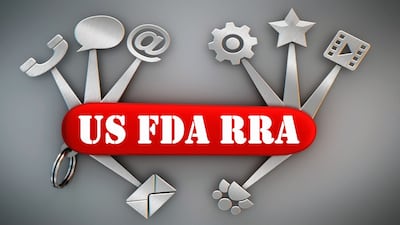Predetermined change control plans (PCCPs) could be used to pre-approve future device sterilization changes, the US Food and Drug Administration’s Center for Devices and Radiological Health said on 7 February during its third in a ongoing series of sterilization-focused town halls.
“Generally, FDA believes that certain sterilization changes could be appropriate for a PCCP,” said Lisa Simone, EtO incident lead in...








